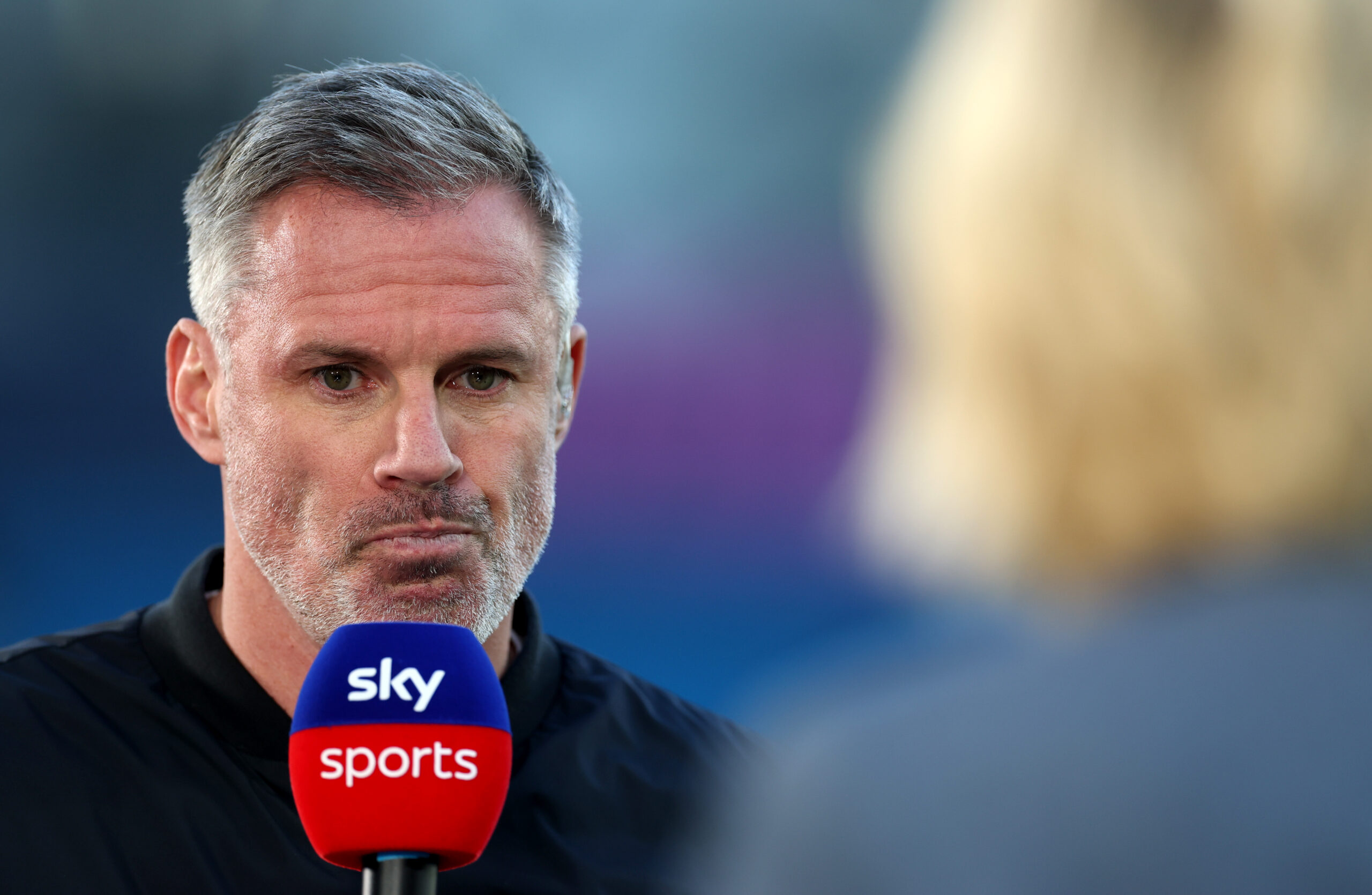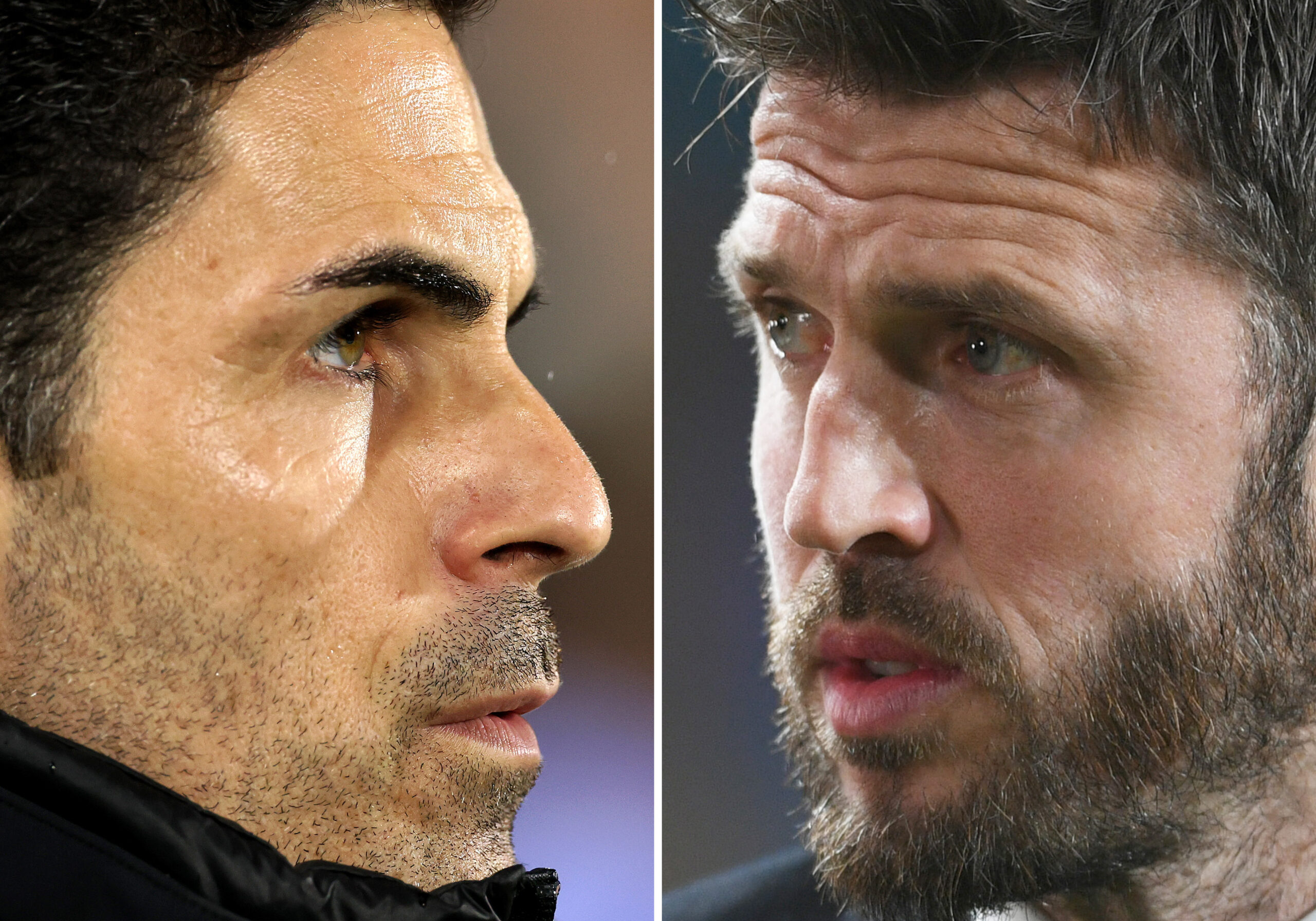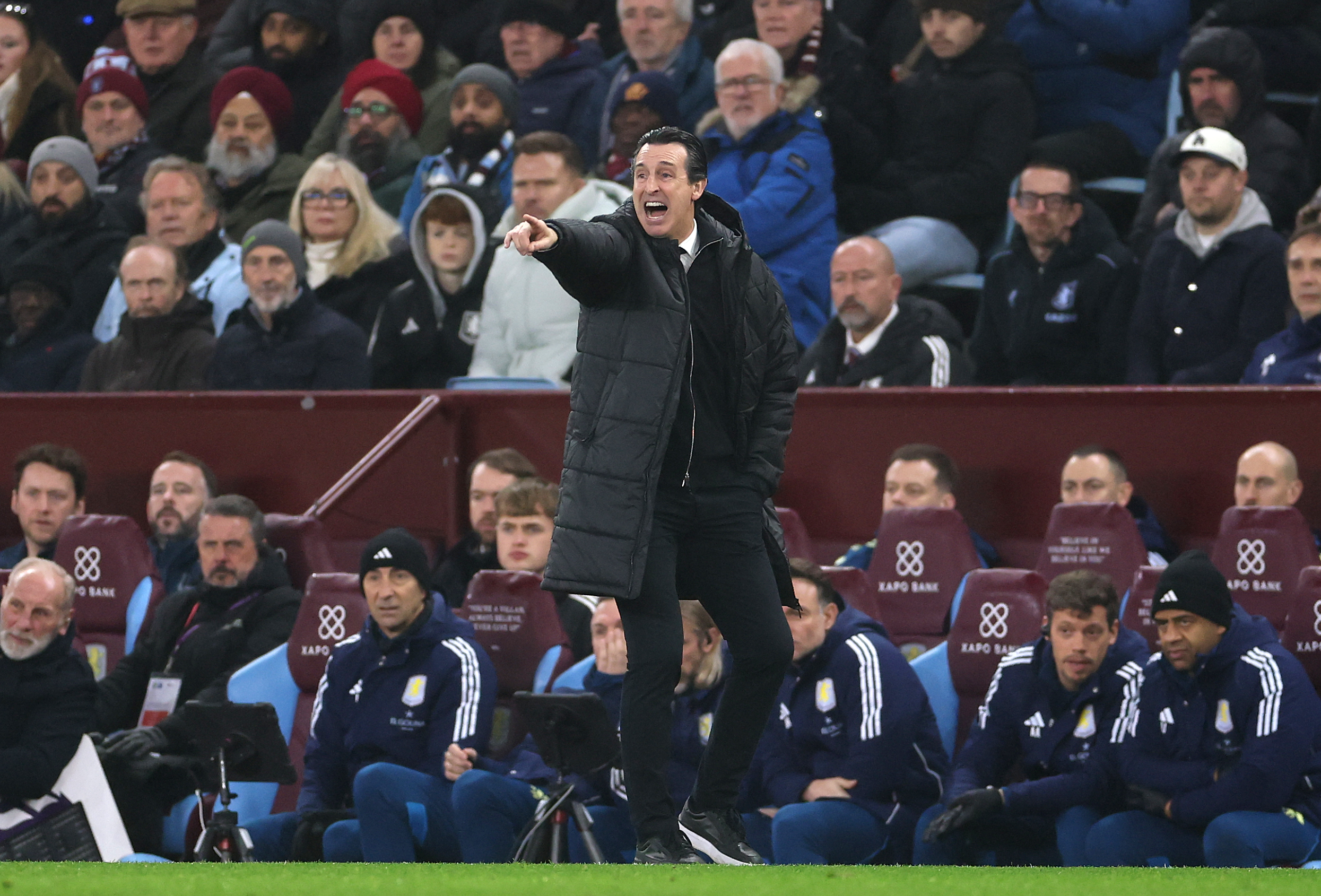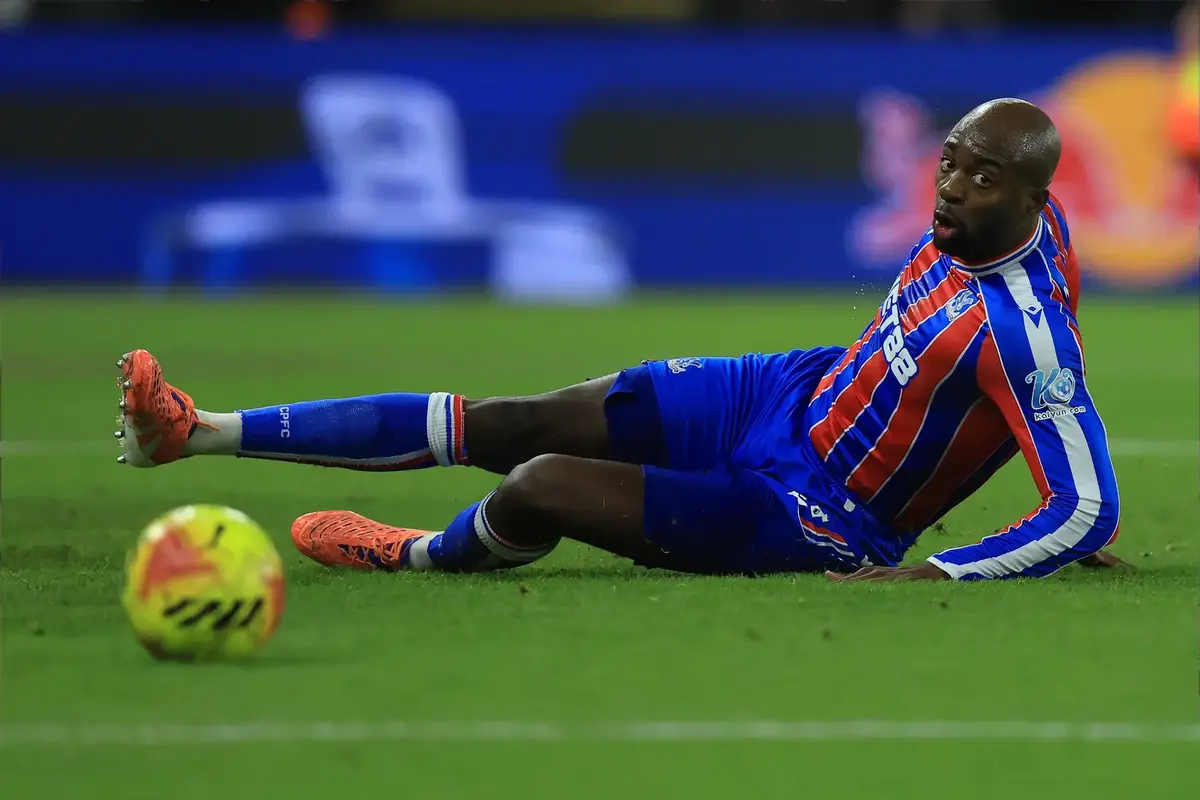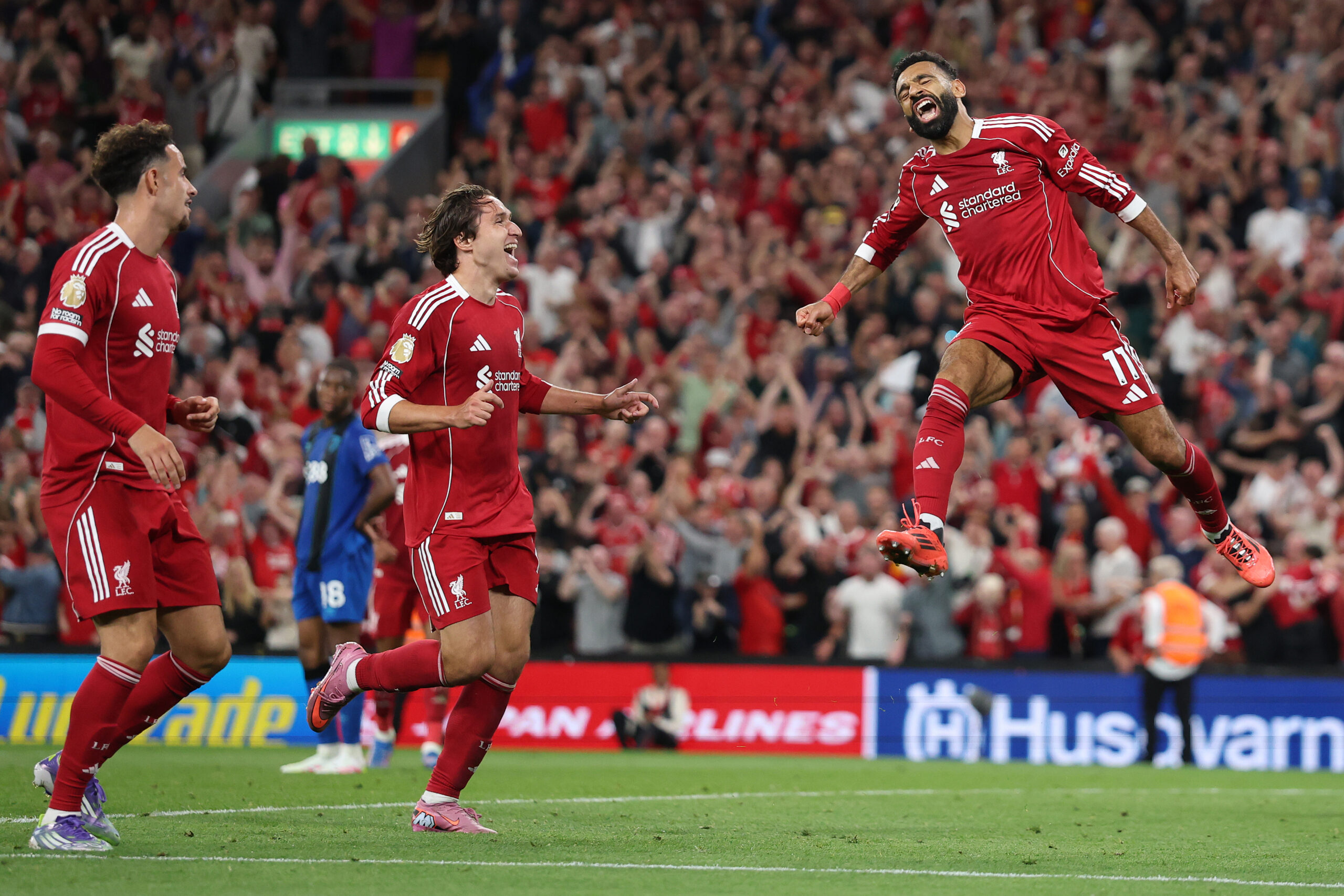Sean Dyche’s blunt tone is one of the sharpest tools to cut through the noise of modern soccer discourse. During his first press conference as Nottingham Forest head coach, he directly took aim at the “modern way of playing” — and at previous criticisms of his preferred style.
“I’ve never tried to hide behind what’s effective. It’s no badge of honour to me. Five years ago people were going: ‘Why do you rely on set pieces?’ Now they’re in vogue. Skinny jeans, flared jeans, skinny jeans, flared jeans … my daughter hammers me for whatever jeans I wear.”
Throwback the New Vogue
Set pieces, throw-ins, and long balls are certainly back in vogue. It has become so noticeable that Jamie Carragher dedicated extensive time to it during this week’s Monday Night Football.
There’s an important bit of context to add here. You may have noticed Jamie’s team have been losing recently — and they’re struggling to defend set pieces. Is that the reason it’s suddenly an issue for concern? Who knows.
The most noticeable stat is that long throws into the opposition box have risen above the Premier League average since 2015/16, to 3.85 per game. For comparison, last season’s figure was 1.52.
Premier League sides of all colors are focusing less on “progressive” ways of “evolving” the game. Instead they’re making the tunes of the nineties and noughties fashionable again. I placed the terms “progressive” and “evolving” in quotation marks for a reason. For all the supposed evolution within the Premier League, soccer runs in cycles, not full stops.
What makes the beautiful game so interesting is the clash of differing styles. The greatest Premier League teams have all been capable of beating opponents in a variety of ways. The Invincible Arsenal, the ruthless Chelsea under José Mourinho, or Manchester United working their magic in Fergie Time: they were all multi-faceted in their approach.
Anyone who tries to sell you the idea that soccer has never been better than today, or that those teams were somehow incapable of artistry, has probably never watched them.
The Fundamentals Still Apply
No matter how many passes you can play, fullbacks you invert, or positions you make false, certain basics will always apply at the top level. Being unable to defend set pieces or handle physical confrontation will always catch you out.
It certainly appeared that soccer at the top had fully bought into Pep Guardiola’s positional principles — preferring intricate play, more technical profiles, and automatisms. But the recent revolt has sprung up for a variety of reasons.
Fans have grown bored of seeing teams slavishly follow one playbook, no matter what tools their club actually has. This has badly exposed those with limited resources chasing a mythical “modern” style they will never be able to implement better than the elite clubs with far greater means. Both Ange Postecoglou and Russell Martin feel like the most brutal case studies.
The sudden panic over long throws, set pieces, and physicality is almost certainly because one major team might be struggling. But that’s a damning indictment of their shortcomings, not a sign that the Premier League is regressing.
You can follow my coverage of Chelsea on YouTube at SonOfChelsea. More written coverage of the club on Substack. Follow me on X for more thoughts, along with listening to the podcast.

